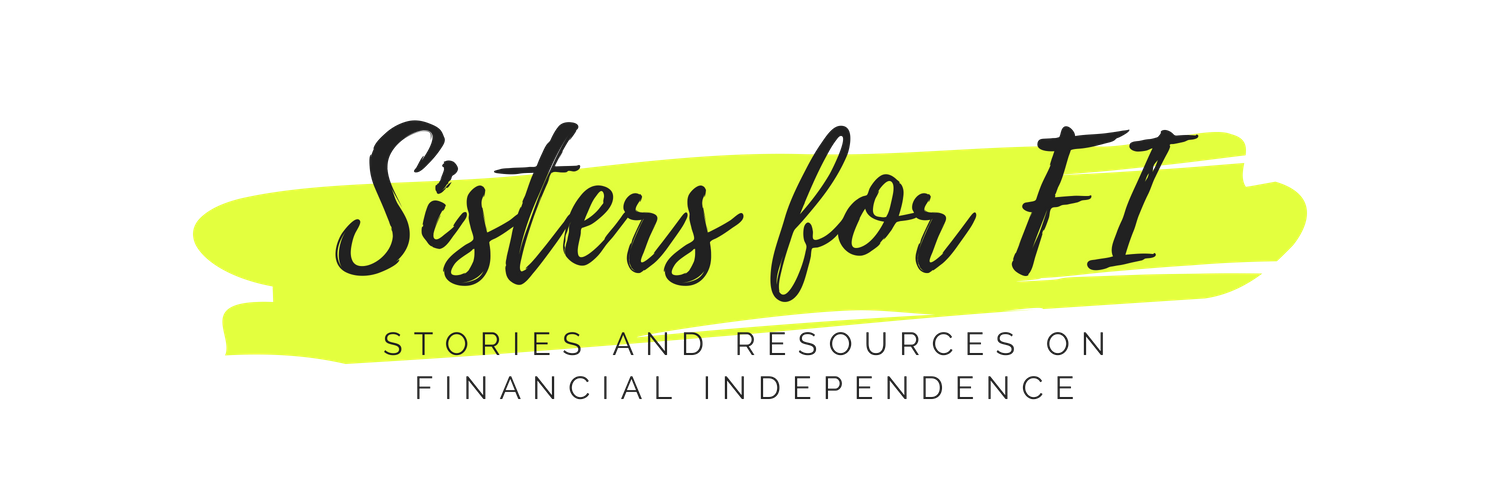You and Your Money - John Jay 2021 Resources Page
Know Who Influenced Your Money Habits
Know Who Influenced Your Money Habits
It’s important to know who influenced our money habits as it can provide insight into why you have certain feelings towards money.
Understand that the adults in your lives made the best decision they could at that point in time.
Your goal from here on out is to understand where some of your money habits and hang-ups come from and put in a plan of action to change or improve upon it.
Have a Plan for your Money (Budget)
Have a Plan for your Money (Budget)
Budgeting is all about knowing where your money is going. You control your money, not the other way around. Each dollar you earn should have a job.
Budgeting allows you to see how much things truly cost.
Budgeting allows you to see how much of your money is going to certain things.
Budgeting allows you to recognize duplicate expenses.
Review your expenses one at a time, determine if they are a need or a want. You can do this by tracking your daily expenses for a week to a month. What’s important? What can you do without? What can you get cheaper? What can you share with peers?
Budgeting Apps
Mint - free but has ads
You Need a Budget (YNAB) - free for the 1st year for college/grad students
Goodbudget - envelope system
Create a Debt Payoff Plan
Create a Debt Payoff Plan
It’s important to know what kind of debts you owe. List student loans, car loans, private loans (anything owed to parents or family members), etc. along with their interest rates, minimum payments and repayment windows. Figure out which payoff method works for you. Remember, we all have different accountability goals so find a method that works for you.
Articles to read on debt:
Save for the Sake of Saving
Save for the Sake of Saving
Planned Savings Accounts are a way to distribute your savings so you know exactly how much is in each bucket. These are for things that have a high likelihood of happening in the future. We recommend using Capital One or Ally or any other bank that allows you to setup an account online easily, has higher than average interest rates and supports the creation of multiple sub savings accounts without extra fees. Automate contributions as often as needed.
An example setup may include savings account for the following:
Emergency Fund with 3-6 months worth of living expenses
Wedding Season Fun
Yearly Travel (get specific when you name your savings account)
House Down Payment
Car Maintenance
Gifts to Family and Friends
Establish Good Credit History
Establish Good Credit History
Your credit score and credit history will determine how lenders see you. It can determine how much extra you have to pay to borrow money. Yes it costs money to borrow money.
Head to annualcreditreport.com to pull a FREE credit history once a hear (this website is government mandated).
Head to mint.com or creditkarma.com to get your credit score for free or if you have an existing credit card, check to see if that’s a feature that is offered. A high credit score can be used as negotiating leverage allowing you to save more money in the future.
Articles to read on credit:
Review Your Employee Benefits In-Depth
Review Your Employee Benefits In-Depth
Many professionals now follow a career tree instead of a career ladder so as you move from opportunity to opportunity, it’s worth understanding what kind of benefits are available for you in the private corporate sector vs the public sector vs the non-profit. Always make time to review employee benefits in depth. Grab your Employee Handbook (get it from HR or print it from your intranet). Take a look at the many benefits your employer provides and figure out which one you can take advantage of. There’s a lot of hidden areas where you can get more money without needing to do a lot of extra work. If you don’t see a benefit, it doesn’t hurt to ask HR about offering it.
Examples of uncommon employee benefits:
Tuition, certification or continuous learning reimbursement
Health and Wellness reimbursement (gym, classes, equipment)
Invest in Early & Often
Invest in Early & Often
Investing means putting money in things you want to see grow: for your future self, your family and your community.
Invest early as the power of compound growth favors the youth.
Use the power of automation to make investing easier.
Articles on investing:
Invest in Your Financial Education
Invest in Your Financial Education
Learning should never stop once you are out of school. Continue to invest in your financial education. Over time, your financial needs will change and with it the things you want to do with your money. Whether it’s through books, groups or seminars, learn new ways to make your money go farther. The more you learn about money, the more confident you will be with asking the right questions and taking action.
Save money by using your library to find the latest personal finance books
Talk about money with friends
Subscribe to a money podcast - find recommendations here
Get 50% of The Money Journal.
The Money Journal
Manage your money better.
Part journal, part money book, part FI/RE blueprint.
The Money Journal is filled with information on money management, saving, investing, minimizing taxes and so much more. There are pages along the way to prompt you to reflect on your money mindset, to create a a budget, to track expenses and various “free flow” pages to reflect on how managing your money can lead to a more fulfilling life.
Use code: JJAY-2021
More Tips
New Grad’s Guide to Financial Independence
Enter Your Info
Free eBook - College Grad Money Advice
Free eBook - College Grad Money Advice



















